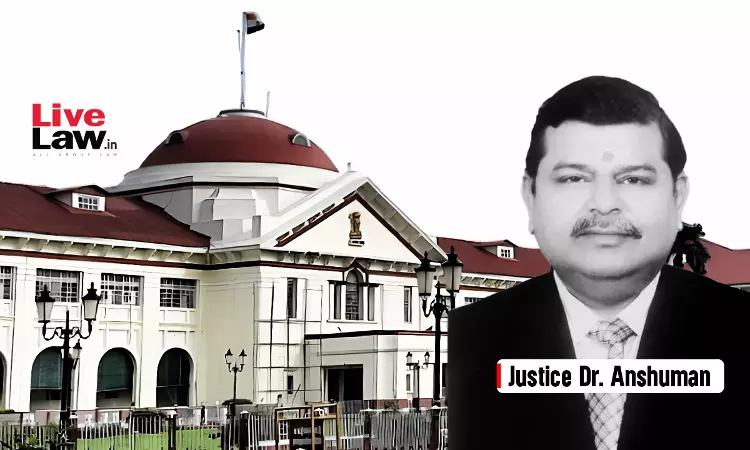Daily Wage Employment Through “Backdoor Entry” Creates No Right To Regularization Even After Decade Of Service: Patna High Court Dismisses LIC Workers' Plea While Clarifying Regularization Principles
Pranav Kumar
21 Oct 2024 8:38 AM IST

Next Story
21 Oct 2024 8:38 AM IST
